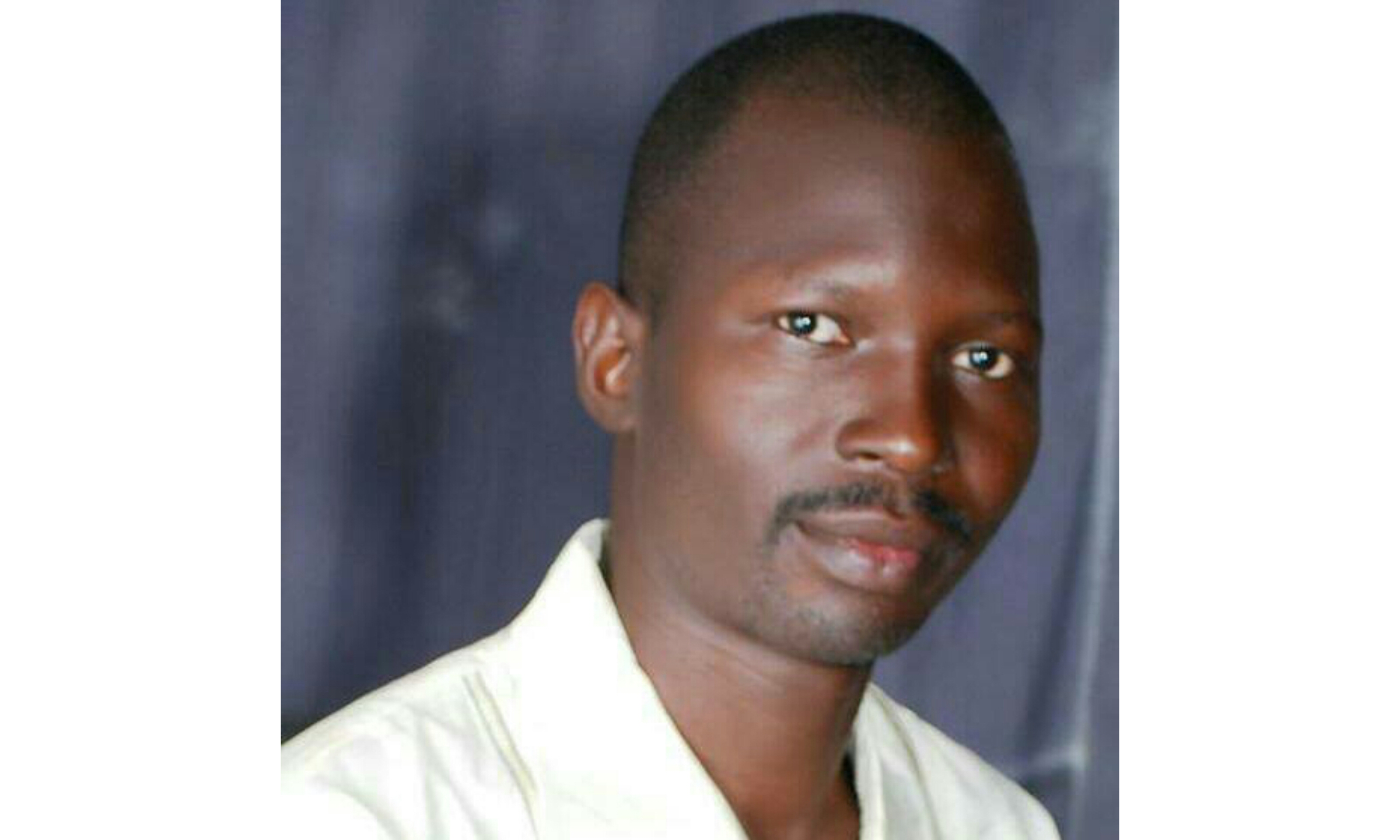By Augustine Otuko
The African Renaissance concept seeks to address the fact that African people and nations shall sometime in the future overcome the current challenges confronting the continent and achieve cultural, scientific, and economic renewal.
President Thambo Mbeki in his famous “I am an African” speech in May 1996 following the adoption of a new constitution stated.. “I am born of a people who are heroes and heroines.. Patient because history is on their side, these masses do not despair because today the weather is bad. Nor do they turn triumphalist when, tomorrow, the sun shines. Whatever the circumstances they have lived through and because of that experience, they are determined to define for themselves who they are and who they should be.”
He further articulated the elements that comprise of African Renaissance in April 1997 to include; social cohesion, democracy, economic rebuilding and growth, and the establishment of Africa as a significant player in geo-political affairs.
Thambo Mbeki described African Renaissance as “third moment” in post-colonial Africa following decolonization and the outbreak of democracy across the continent during the early 1990s.
The Pan African gospel of African Renaissance was first articulated and preached by Senior Comrade Cheikh Anta Diop around 1946 when many African states were still under colonial dominance which are well recorded in his book “Towards African Renaissance: Essays in Culture and Development ; 1946 – 1960”.
The Former President of South Africa, Thambo Mbeki picked up the mantle during his term of office and further popularised this largely black people Agenda.
How achievable is this dream then?
During post-colonial Africa, many Africans harvested gallons of hope for a better and vibrant Africa in service, economy and political democracy. However, not far from independence, some Africans started asking questions weather independent Africa was headed in the right direction. Africa became and is still is a center of all evil.
It is only in Africa where salaries finish months unpaid, where African natives are deported to European countries, large sacks of money are kept under people’s bed, universal education is for the poor while children of the rich are in first class schools, taxes are paid by the poor to be enjoyed or stolen by those in authority, corruption cartels are known and no action is taken against them, African masses are not at the center of governance but rather governance is a tool by those in authority to champion individual interests and above all available juicy public jobs are for the relatives of those in authority.
African politicians and public servants employ their wives, sons, cousins, girlfriends, friends, grandchildren, friends of friends to positions of responsibility.
Examples include; Angola where the former President Dos Santos appointed his Son and daughter to executive positions, Equatorial Guinea where the First son was appointed the Vice President, President Ellen Johnson Sirleaf named her son Charles Sirleaf as head of the central bank, President Robert Mugabe appointed son-in-law Simba Chikore as chief operating officer at the troubled national airline.
In Uganda, the public has been awash with three Members of President Museveni’s family; the First Lady Janet Kataha Museveni appointed first as Cabinet Minister for Karamoja Affairs and now Minister of Education, his young brother as the Head of Operation Wealth creation and the son Maj Gen. Muhoozi as the head of the Special Forces Command and now special advisor.
However, it’s not only Africa that is tainted with the scourge. Politicians in parts of Europe are regularly reported to favour their relatives when it comes to matters of employment.
Former French President, Nicolas Sarkozy’s spirited denial in 2009 that he had anything to do with the nomination of student son Jean to a top development agency job led Britain’s Daily Telegraph to ask whether nepotism wasn’t “a French tradition”.
And German law expert Hans Herbert von Arnim published a book in 2013 called The Self-Servers, detailing, among other things, how MPs in the state of Bavaria used a legal loophole to be able to employ their relatives – at the state’s expense.
Is appointment of bloodlines entirely a bad idea?
I think this may not be so if competence of the said persons is put at the center. With unquestionable competence, Africans can go ahead and appoint relatives on condition that Africa’s renaissance is central and those that are corruption free should be welcomed less of that leaders should save us the crap.
In Africa today, it is business as usual for top government officials to scandalously run away with large sums of cash meant for socio-economic transformation and nothing happens to them.
Major cases in Africa include South African President Jacob Zuma scandal with the Guptas and the luxurious renovations in President Zuma’s country home, The Goldenberg and the Anglo leasing corruption scandal in Kenya, Shell’s corruption scandal in Nigeria and last but not least, the Global Fund and the various road construction scandals in Uganda.
In conclusion therefore, if African renaissance is to be achieved; African leaders and masses MUST decisively deal with impunity caused by greed, corruption and nepotism.
The outright robbery of African people by greedy politicians and public servants MUST stop. Those found culpable must be identified, isolated and or eliminated from the social structural functionality. We can no longer continue dining and praising the enemies of Africa.
The writer is the NRM Youth Chairman for Katakwi district








